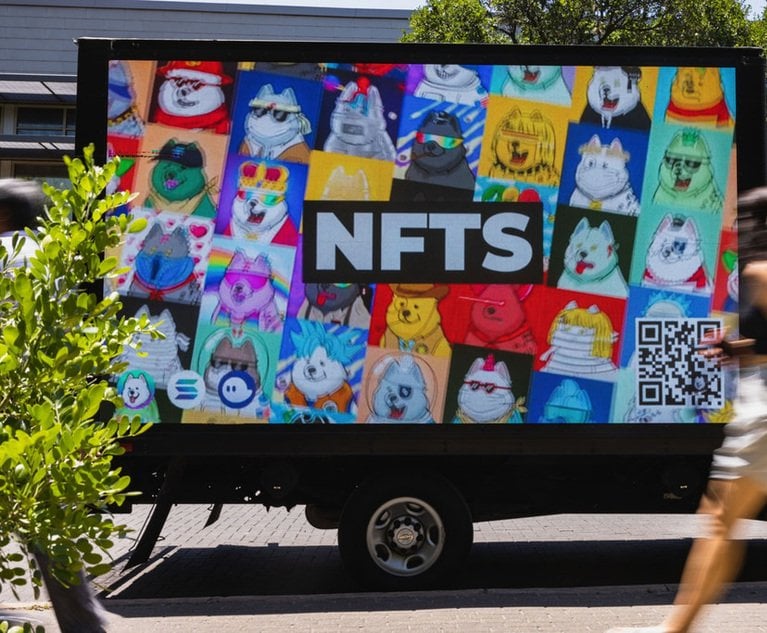
A heated legal battle is currently unfolding in two separate jurisdictions over the ownership and control of an NFT collective called Remilia. This dispute has pitted Krishna Okhandiar, a Nevada resident, against four individuals who claim to have collaborated with him in the establishment of the digital art collective. The disagreement has escalated to the point where both parties have filed lawsuits against each other, with each side accusing the other of stealing assets valued at more than $2 million.
Krishna Okhandiar, represented by the law firm Michael Best & Friedrich, initiated the legal action by filing a case in the District of Nevada. In response, the four individuals who collaborated with Okhandiar have engaged the legal services of K&L Gates to counter-sue in the Delaware Court of Chancery. The parties involved are now embroiled in a legal back-and-forth as they seek to establish their respective claims over the Remilia NFT collective.
NFTs, or non-fungible tokens, have gained significant popularity in recent years as a means to buy, sell, and trade digital artwork, collectibles, and other unique digital assets on blockchain platforms. These tokens, which provide ownership and provenance of digital items, have created a new market with immense value. However, the rapid growth and potential profitability of the NFT market have also given rise to legal disputes over ownership rights and control, such as the current dispute surrounding the Remilia NFT collective.
The exact details of the allegations and counter-allegations in this case remain unclear due to the ongoing nature of the legal proceedings. However, it is evident that both parties see themselves as the rightful owners of assets associated with Remilia. The disputed assets are said to be valued at over $2 million, underscoring the high stakes involved in this legal battle.
Legal conflicts relating to NFTs are increasingly gaining attention as stakeholders grapple with the implications of this emerging market. As non-traditional assets, NFTs present unique challenges in terms of intellectual property, copyright, and ownership rights. Existing legal frameworks may not be fully equipped to handle these issues, leading to complex and contentious legal disputes.
The outcome of the Remilia NFT collective dispute will likely have implications for the broader NFT industry. It could set precedents and establish legal principles that guide the resolution of future conflicts over ownership and control in the evolving realm of digital assets.
As the legal battle progresses in two separate jurisdictions, the Remilia NFT collective and its associated assets remain in limbo. The resolution of this dispute will require a careful examination of evidence, arguments, and legal standards to determine the true rightful owners of the contested assets. In the coming months, the NFT community will closely monitor the developments in this case, as it could shape the future landscape of the NFT market and provide valuable insights into resolving legal disputes in this emerging field.
Given the significance of NFTs and the growing interest in the Remilia NFT collective dispute, it is crucial for the legal system to swiftly address and resolve these issues. Clarity and certainty in the domain of NFT ownership and control will not only safeguard the interests of individual creators and investors but also contribute to the long-term growth and sustainability of the NFT market as a whole.






